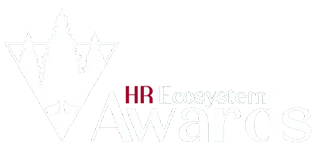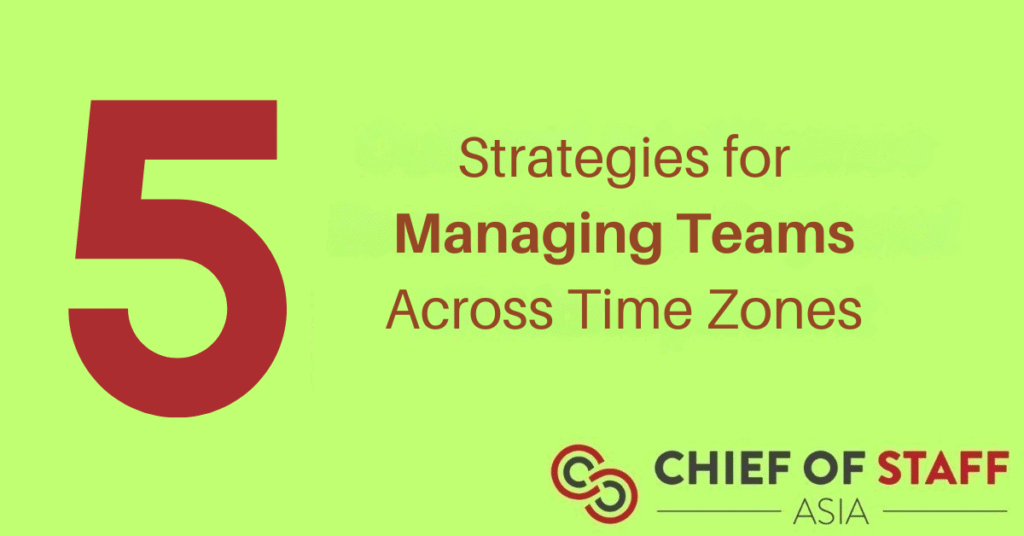From ride-hailing to banking, super apps have transformed how Southeast Asians manage their daily lives. Now, the same concept is making waves in the workplace through employee super apps — platforms designed to bring HR services, communication tools, and workplace resources into a single digital hub.
The appeal is clear. Instead of juggling multiple logins across payroll, leave management, performance reviews, and wellness platforms, employees can access everything in one place. For HR leaders, this means higher adoption, better data integration, and fewer administrative bottlenecks. In fast-moving industries like retail, logistics, and hospitality, where large frontline workforces may not have regular access to desktops, mobile-first super apps are proving especially valuable.
In Indonesia, companies are increasingly adopting super apps that allow workers to track schedules, receive company updates, and even access earned wage advances. In Malaysia, firms are integrating learning modules and recognition tools directly into employee apps, encouraging continuous development and engagement. Meanwhile, in Singapore, some organisations are using super apps to unify communication across distributed teams, ensuring that both office staff and remote workers remain connected.
The rise of employee super apps also reflects the region’s digital habits. Southeast Asia’s workforce is already accustomed to using multifunctional apps in their personal lives. Extending the concept to the workplace feels like a natural step — one that aligns with mobile-first preferences and the need for seamless digital experiences.
As adoption spreads, the challenge for HR leaders will be ensuring these platforms are not just convenient but also inclusive and secure. Done well, employee super apps could become the backbone of digital workplaces across Southeast Asia, supporting efficiency while strengthening employee engagement.









